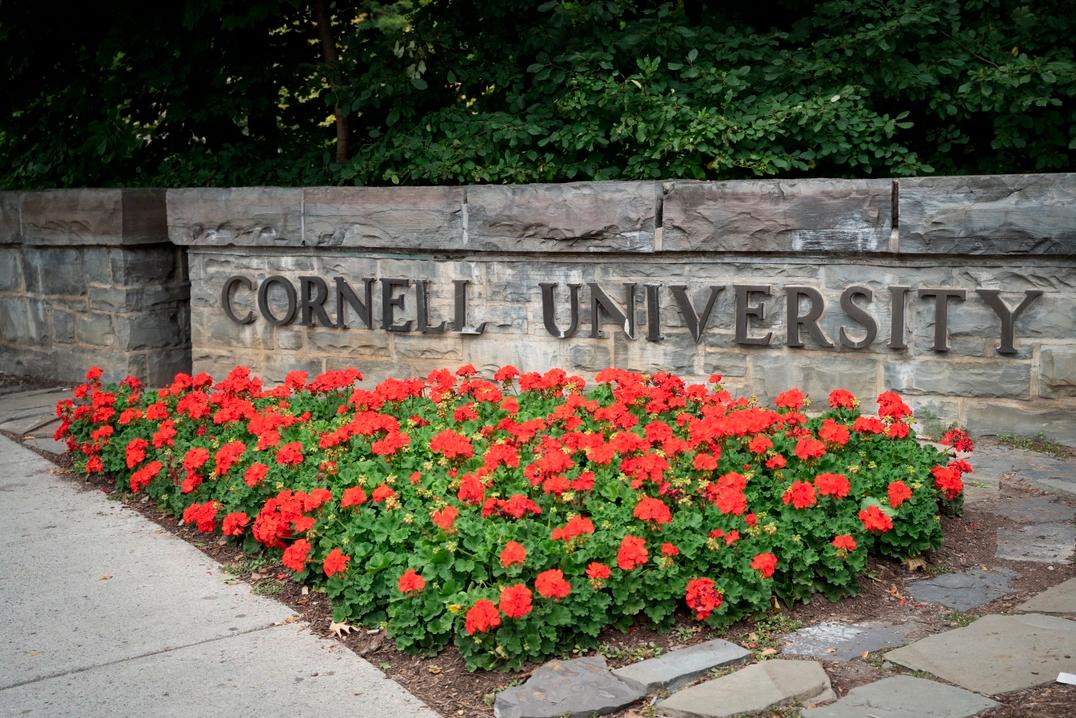The apprehension of a twice-deported Sinaloa Cartel leader in the Oregon state capital on May 6 as part of the biggest fentanyl bust in U.S. history has animated the debate over Oregon’s sanctuary state policies.
Republican lawmakers swiftly introduced a bill to roll back the protections afforded by the state’s first-in-the-nation sanctuary law, which garnered rare bipartisan support but failed to make it to the floor of the House of Representatives.





